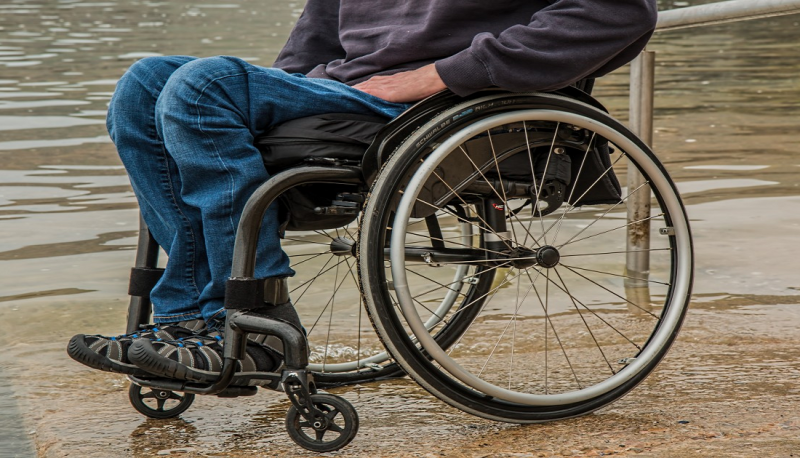Judge Doris Pryor, nominated by President Biden to the Seventh Circuit, wrote a unanimous decision that reversed a lower court and ruled that the US Postal Service (USPS) had violated the rights of a woman in a wheelchair to have meaningful access to its services in southern Indiana. She sent the case back to the lower court to determine whether the victim’s proposed accommodation was reasonable. The October 2023 decision was in Ellison v. US Postal Service.
What happened in this case?
Shellie Ellison lives in Shelbyville, Indiana and has a disability that confines her to a wheelchair. She cannot visit or use her local post office because the US Postal Service (USPS) refused to build a wheelchair ramp. She sued USPS in federal court for violating her rights against discrimination based on disability under Section 504 of the Rehabilitation Act.
The parties conducted extensive discovery and each filed motions for summary judgment based on the facts in the record. Although the lower court judge recognized that Ellison could not physically access the post office, he ruled on summary judgment that she had meaningful access to the post office’s services and program because of a combination of access to the office’s loading dock, to services on the web, and to smaller branch offices that were further away. She appealed to the Seventh Circuit.
How did Judge Pryor and the Seventh Circuit Rule and Why is it Important?
Judge Pryor wrote a unanimous opinion that reversed the district court and ruled that Ellison’s rights were violated because USPS did not provide her with meaningful access to its services and program. She sent the case back to the district court to determine whether her proposed solution of building a ramp was reasonable or imposed any undue burden, an issue not previously considered by the lower court. Pryor noted that the local community favored building a ramp, and even offered to pay for it, which the local post office refused.
Judge Pryor’s opinion carefully reviewed the factual record and the law, and found that even when combined, the three alternatives fail to provide Ellison with the “meaningful access to the Postal Service’s program”and services required by law. Judge Pryor expressed particular concern about the argument that Ellison could use the internet. She wrote that if “brick-and-mortar establishments could use websites alone as an excuse to forego physical accommodations,” they could “relegate people with disabilities to a digital world,” which would “undermine the purpose of the Rehabilitation Act.”
Judge Pryor’s opinion is obviously important to Shellie Ellison and other people with disabilities who want access to the Shelbyville post office. It is also significant because it makes clear that alternate accommodations will not be considered adequate under the Rehabilitation Act, particularly in the Seventh Circuit (including Illinois, Indiana, and Wisconsin), without clear proof that they are adequate, and that people with disabilities cannot be relegated to a “digital world.” In addition, the ruling serves as another reminder of the importance of promptly confirming fair-minded Biden nominees like Judge Pryor to our federal courts.

